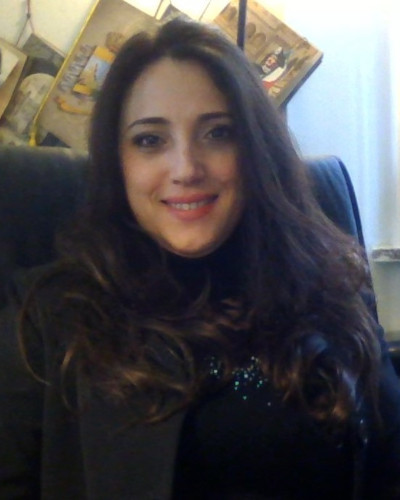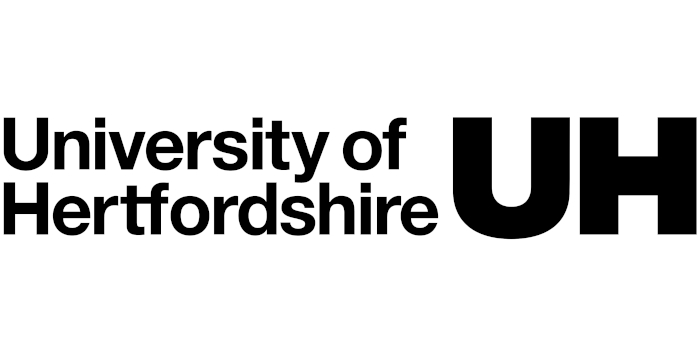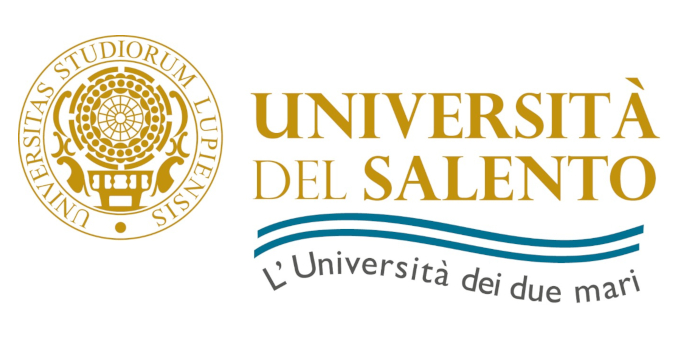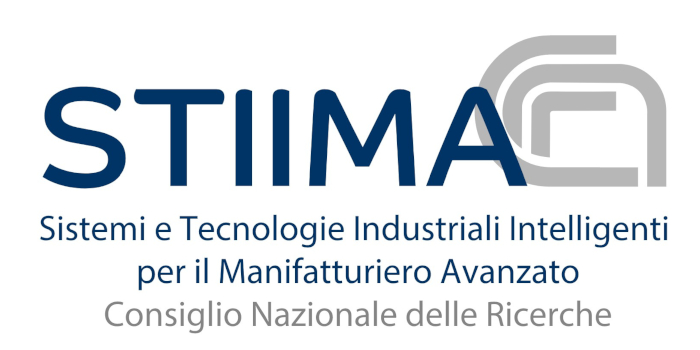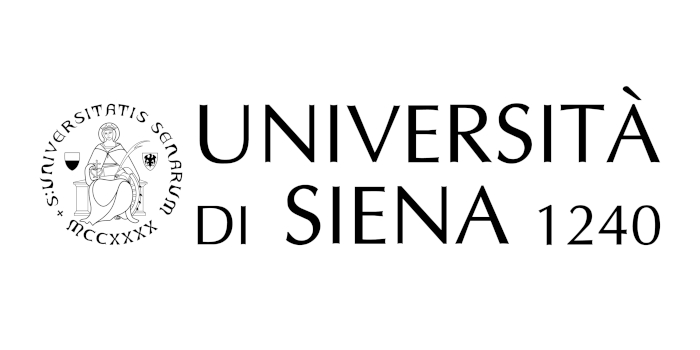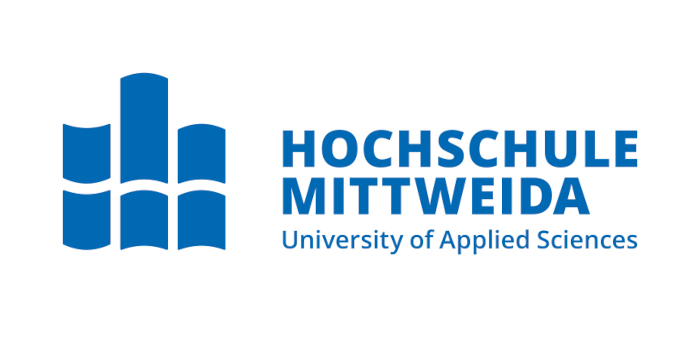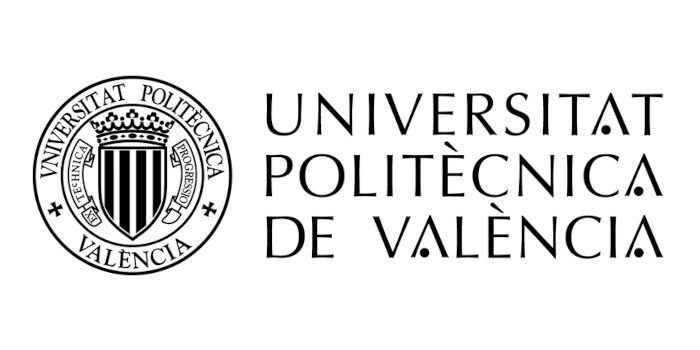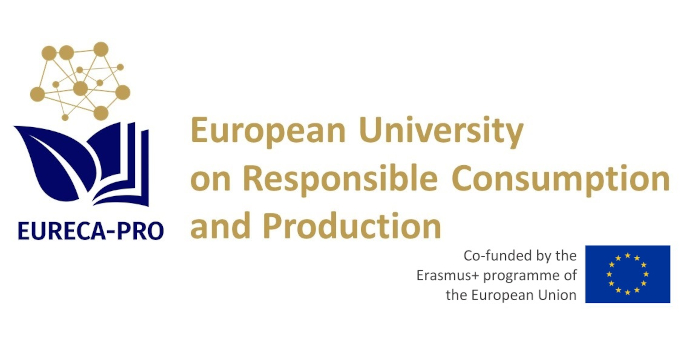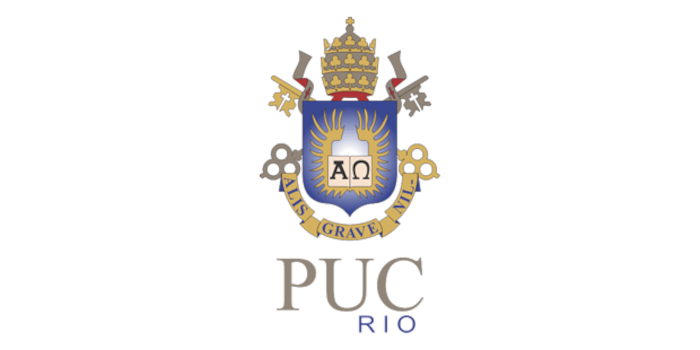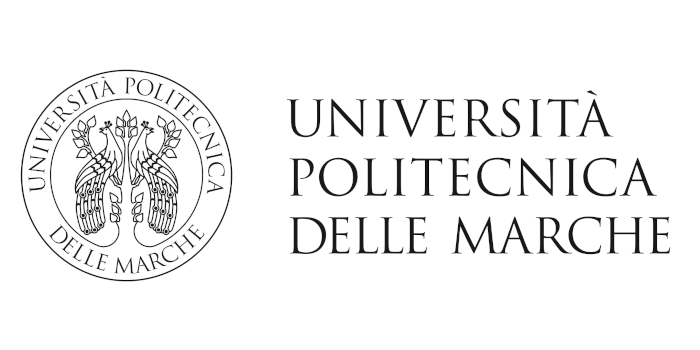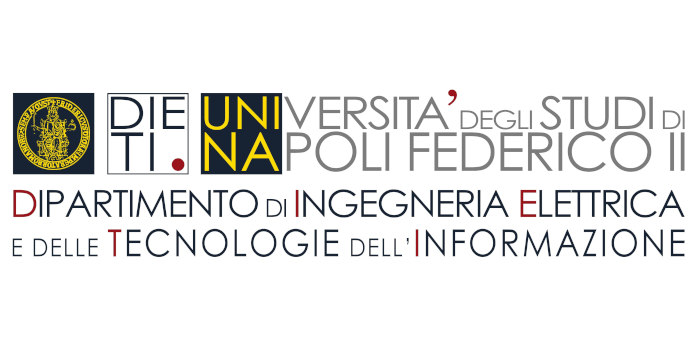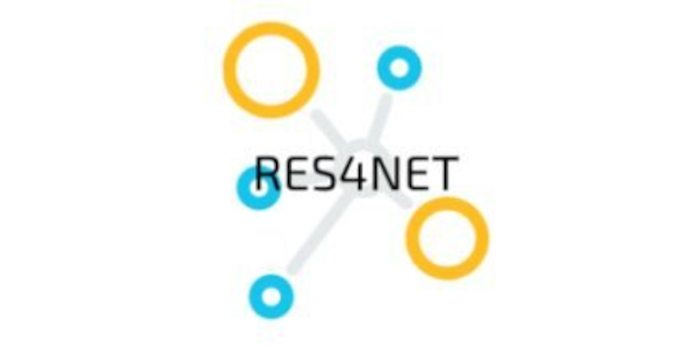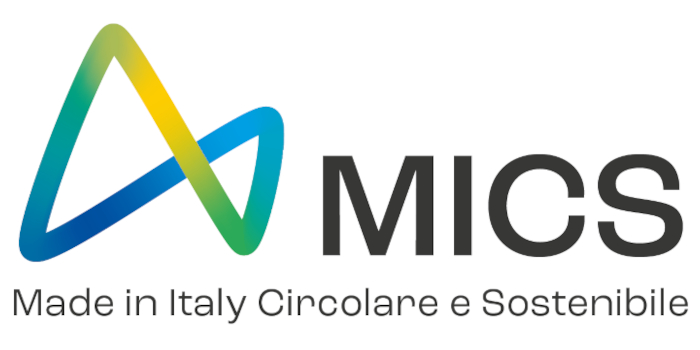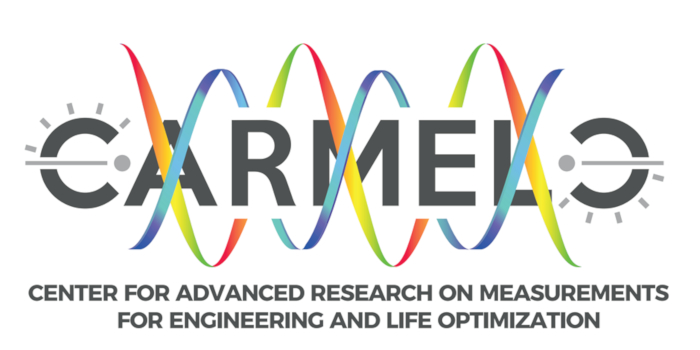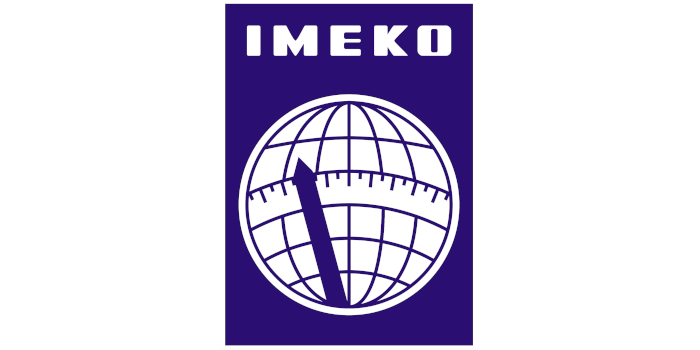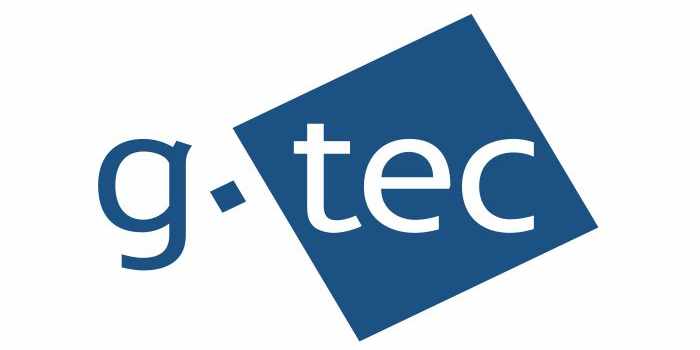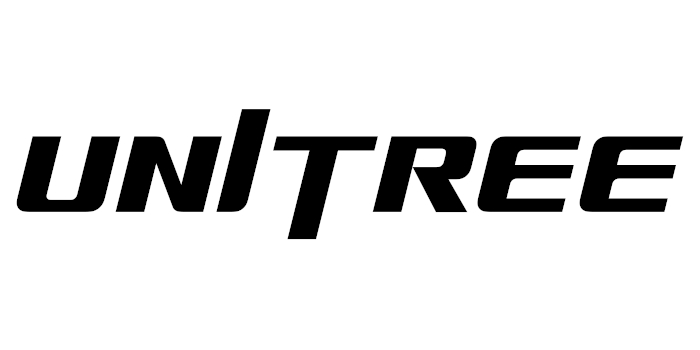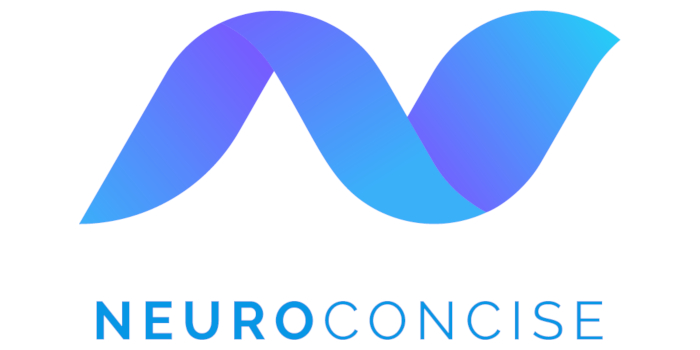SPECIAL SESSION #29
Law and Ethics approaching AI: impact on human beings
ORGANIZED BY
Veronica Scotti
Politecnico di Milano, Italy
ABSTRACT
The difficult balance between ethics and law, often facing conflicting positions, is at high risk of being further challenged by the advancement of technology and especially the turmoil created by the Artificial Intelligence, whose developments can be barely foreseen.
Considering the impacts that AI could generate on numerous aspects of life, as well as the various potentially undeserving uses it could be applied to, it is evident that the involved operators (manufacturers, designers, users) are not yet fully aware of its different possible applications, thus making its future more and more unpredictable.
A perspective that sees, on one hand, the combination of ethics and law, with their internal dialectics, and on the other hand, technology, appears short-sighted and highly limiting because it overlooks the evolution of AI compared to the other known applications of computer science: these latter ones are designed to implement repetitive and automatic tasks whilst, as known, AI is based on neural processes similar to those of the human mind, drawing paths that are rarely predictable. The DABUS case is emblematic since, although it had a predictable outcome (the machine cannot be an inventor owning the rights of protecting its own inventions), it also proved the weakness of regulations when they need to face new issues. In particular, these new technologies make regulation difficult in the absence of a dialogue among all involved parties.
The risks arising from the massive introduction of Artificial Intelligence agents are not only connected to the design/production/programming step but also to the specific application. Therefore, regulations should not be limited only to the initial product lifecycle but they should also rule its usage, given that any invention, as it has occurred repeatedly in the past, even if inherently considered good, could still be prone to instrumental use, thereby distorting its original purpose and function.
One of the risks that needs to be acknowledged is the isolation that AI can generate: today, humans find themselves increasingly isolated, also due to numerous virtual interactions, with the consequent risk of weakening critical abilities to interact with the outside world. This could easily lead to an altered perception of reality, especially in cases where there is also the filter of undisciplined AI, whose intervention is not easily detectable. It is therefore essential to find a convergence that constitutes a common basis among various operators, so that a regulatory but also ethical framework can be defined quickly, in order to identify shared and unambiguous values, thus avoiding Artificial Intelligence from relegating humans back into a cave rather than projecting them into the modern world.
TOPICS
Considering the increasing interest for AI in order to establish a set of rules, the scope of this session includes, but it is not limited to:
- Liability related to AI’s performance and usage;
- AI and Evolution of legal framework;
- Copyright and patent deriving from AI;
- Ethical design of AI;
- Innovation and ethics;
- Ethical and legal implications of machine learning.
ABOUT THE ORGANIZER
Veronica Scotti, is a lawyer in Milan and, since 2007, she has been a contract professor in the legal implications of engineer–professional liability at Politecnico di Milano. Her practice focuses on commercial contracts, energy provision contracts, engineering and metrology. Her research interests are related to the analysis of the relationship between measurement activities and metrology and the regulation field, with particular regard to the legal implications of incorrect specification of measurement uncertainty. The results of her research activity have been published in more than 30 papers in journals and conference proceedings and she is coauthor with Prof Alessandro Ferrero of book “Forensic Metrology” published by Springer in 2022. She is responsible for columns on legal metrology in the journal of the Italian Association of Electrical and Electronic Measurements (GMEE) and IEEE Magazine on Instrumentation and Measurement. She is member of American Academy of Forensic Sciences (AAFS).


